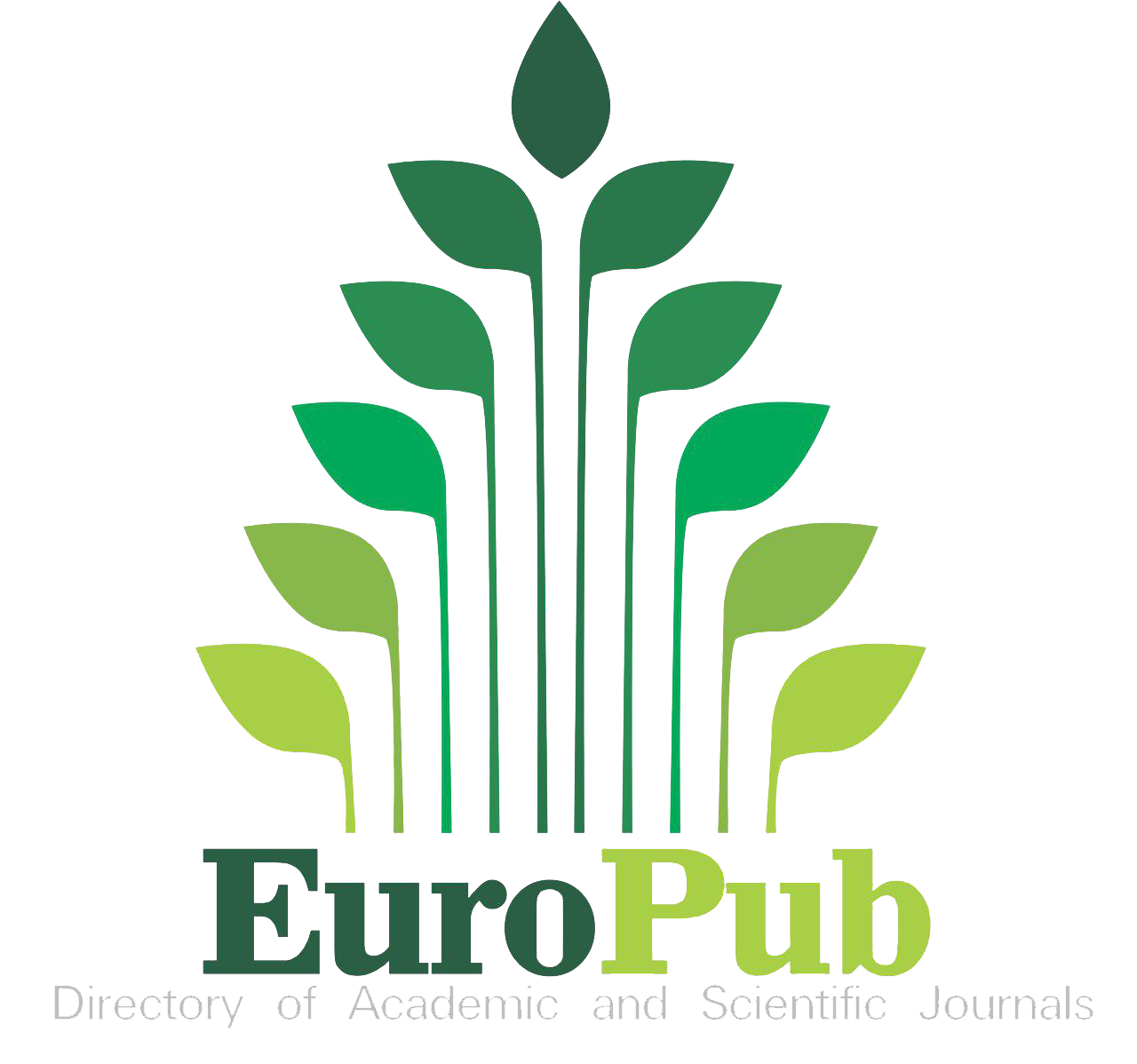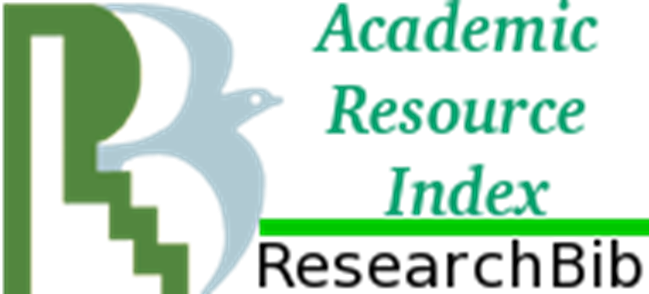Internationalisation of Undergraduate English-Medium Instruction Programmes on University Websites in Japan & Malaysia
Keywords:
English-medium instruction, internationalisation, higher education institutions, Japan, MalaysiaAbstract
The purpose of this study is to investigate the current status of, and issues associated with English-Medium Instruction (EMI) programmes at higher education institutions (HEIs) in Japan and Malaysia. More specifically, this study examined how internationalisation is represented in the undergraduate EMI programmes found on university websites in Japan and Malaysia. The study employed the ROAD-MAPPING framework (Dafouz & Smit, 2016; 2020) and conducted a content analysis of 9 undergraduate EMI programmes on the university websites from national and public universities, with Japan (n = 5) and Malaysia (n = 4). The EMI programme components was analysed by their level of English language proficiency requirements for local and international students, Medium of Instruction (MoI), Academic Discipline, Language support and Student admission. Results indicated that the level of English language proficiency requirements for local and international students appear to follow a stringent benchmark in Japan whereas is discipline specific in Malaysia. Language support is provided for Malaysian and Japanese university students with courses in English for Academic Purposes, but are not necessarily linked to EMI programmes. English is the MoI for EMI programmes with the exception of a bilingual approach for courses like Law or a trilingual approach for Islamic studies in Malaysia. Implications of this study show the uniqueness of EMI programmes that are influenced by the social, institutional and socioeconomic reality of its geographical location.









 c/o Secretary: Dr. Zarina Othman,
c/o Secretary: Dr. Zarina Othman,